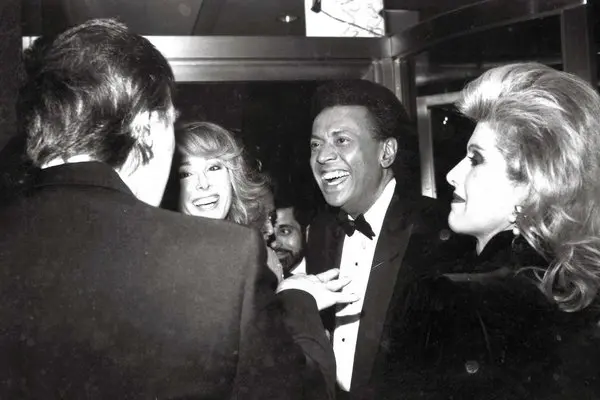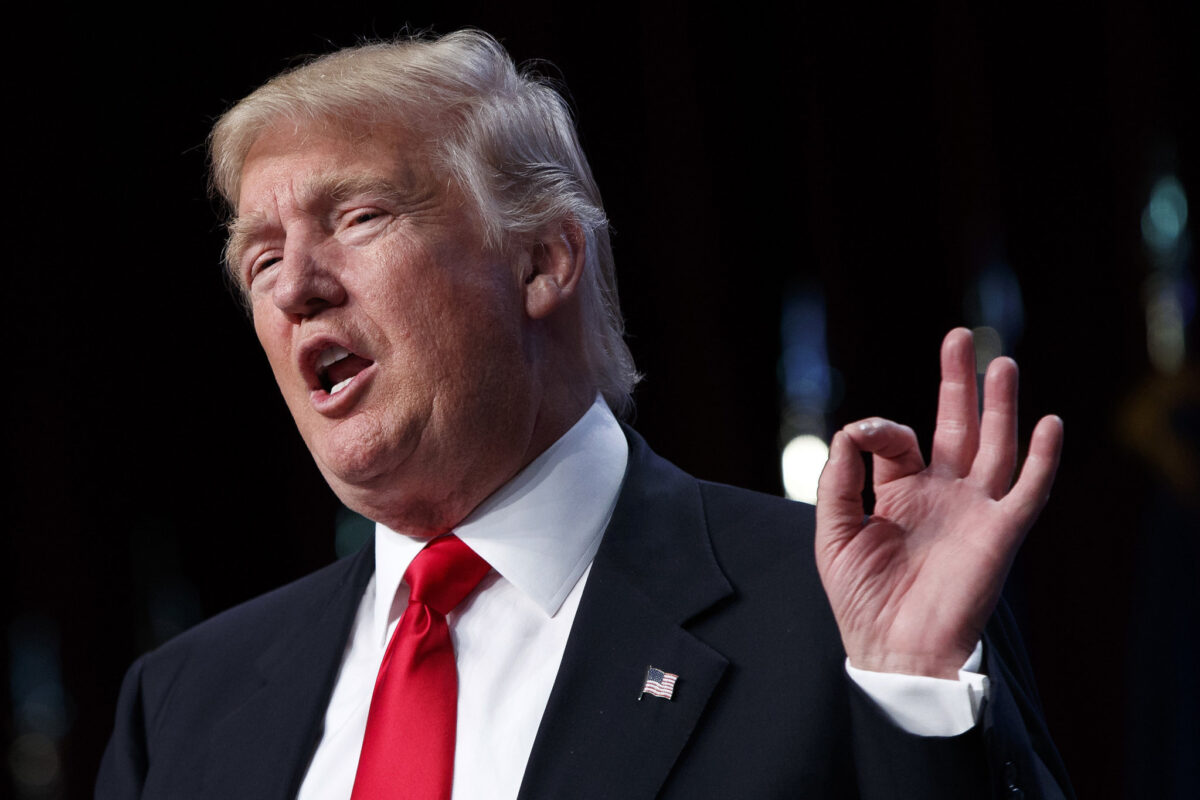In the heart of Manhattan, the second act of the legal drama involving former President Donald J. Trump unfolds as E. Jean Carroll seeks justice in a defamation trial. The stakes are high, with Carroll pursuing damages of at least $10 million for Trump’s categorical denials of her sexual assault allegations. The courtroom tension simmers as Trump’s penchant for inflammatory remarks clashes with the decorum expected in legal proceedings.
As Carroll, a seasoned writer, recounted her ordeal before a Manhattan jury, Trump, seated at the defence table, could not conceal his displeasure. The courtroom drama unfolded as Carroll detailed the aftermath of her public accusation in 2019 that Trump had raped her in a department store dressing room in the mid-1990s. Trump’s reaction to her testimony was quintessentially him – head shaking, audible exhales, and muttered phrases like “con job” and “witch hunt.”
Trump’s verbal protests

The trial took an unexpected turn when Trump’s verbal protests escalated into a direct exchange with the presiding judge, Lewis A. Kaplan. Concerns were raised that Trump’s comments about Carroll’s testimony might reach the jury, prompting a warning from the judge. Kaplan reminded Trump that while he had the right to be present at the trial, disruptive behaviour could forfeit that privilege, with the possibility of exclusion if court orders were disregarded. Trump, seemingly undeterred, expressed a willingness to be excluded, illustrating the courtroom tension.
This confrontation unfolded on the trial’s second day, as Carroll, 80, sought redress for the damage inflicted on her reputation by Trump’s public denials. The courtroom dynamic hinted at potential clashes between a former president known for challenging norms and the judicial system demanding decorum and restraint. Trump, in recent days, has leveraged his legal entanglements – including four criminal indictments – as a talking point, alternating between court appearances and visits to politically significant states.
Carroll vs. Trump Legal Saga
Trump’s legal troubles with Carroll date back over four years when she first accused him of rape in a 2019 New York magazine book excerpt. The legal saga includes a prior trial where a jury found Trump liable for sexual abuse, awarding Carroll just over $2 million in damages. Another award of just under $3 million followed, based on Trump’s defamation of Carroll on his Truth Social website. The ongoing trial focuses solely on determining damages for the earlier defamation, a delayed proceeding due to appeals.

Carroll’s demand for a minimum of $10 million in damages and unspecified punitive damages serves not only as a quest for compensation but also as a plea to halt Trump’s relentless insults. Her legal team contends that Trump’s continuous attacks have been unrelenting, with his derogatory remarks escalating even after the multimillion-dollar verdict against him last May. On CNN, Trump referred to Carroll as a “whack job” with a “made-up story,” undermining the integrity of the trial.
The courtroom atmosphere intensified as Carroll, a prolific author, testified about the fallout from Trump’s comments. She revealed that her regular appearances on major television programs abruptly ceased after Trump labelled her a liar. The void left by these opportunities was filled with a torrent of threats on social media and direct messages, some containing disturbing calls for her rape or death. In response to a question from her lawyer, Roberta A. Kaplan, Carroll testified that Trump had shattered her reputation, transforming her from a respected journalist to a perceived “liar,” “fraud,” and “whack job.”
Emotional Courtroom Testimony
Throughout Carroll’s emotional testimony, Trump remained visibly engaged, passing notes to his legal team and conferring with them. He periodically turned his attention to the nine-member jury, offering smiles and nods, attempting to assert control over the courtroom narrative. The jury, however, maintained a stoic demeanour, diligently taking notes as Carroll recounted her experiences.

As Trump’s lawyer, Alina Habba, initiated the cross-examination, she attempted to challenge Carroll’s credibility by highlighting her career as a journalist. The implication was that Carroll should have anticipated scepticism given the nature of her allegations. Carroll, unfazed, acknowledged the possibility but insisted that the emotional toll was undeniable. Despite receiving messages of support, including her description of being in a “cocoon of love,” Carroll testified that the backlash was a dual experience of encouragement and a “horrible, menacing, terrible flood of slime.”
After the lunch break, Michael T. Madaio, another of Trump’s lawyers, made a request to recuse Judge Kaplan, citing what he deemed as a “general hostility towards the defence throughout this case.” The judge promptly denied the request, asserting the need for a fair and impartial trial.
Also Read : Tensions Flare as Iran Strikes Pakistani Soil: A Tragedy Unfolds in Balochistan
Post-court proceedings, Trump held a news conference where he criticized Judge Kaplan, labelling him a “nasty man” and a “Trump-hating guy.” Trump’s grievances extended to the judge’s refusal to grant a day’s delay for him to attend his mother-in-law’s funeral in Florida. In a display of irony, Trump stood before eight American flags in the lobby of his building at 40 Wall Street, suggesting that roles should be reversed, and he should be awarded damages. “I, frankly, am the one that suffered damages,” he asserted.

Your point of view caught my eye and was very interesting. Thanks. I have a question for you.